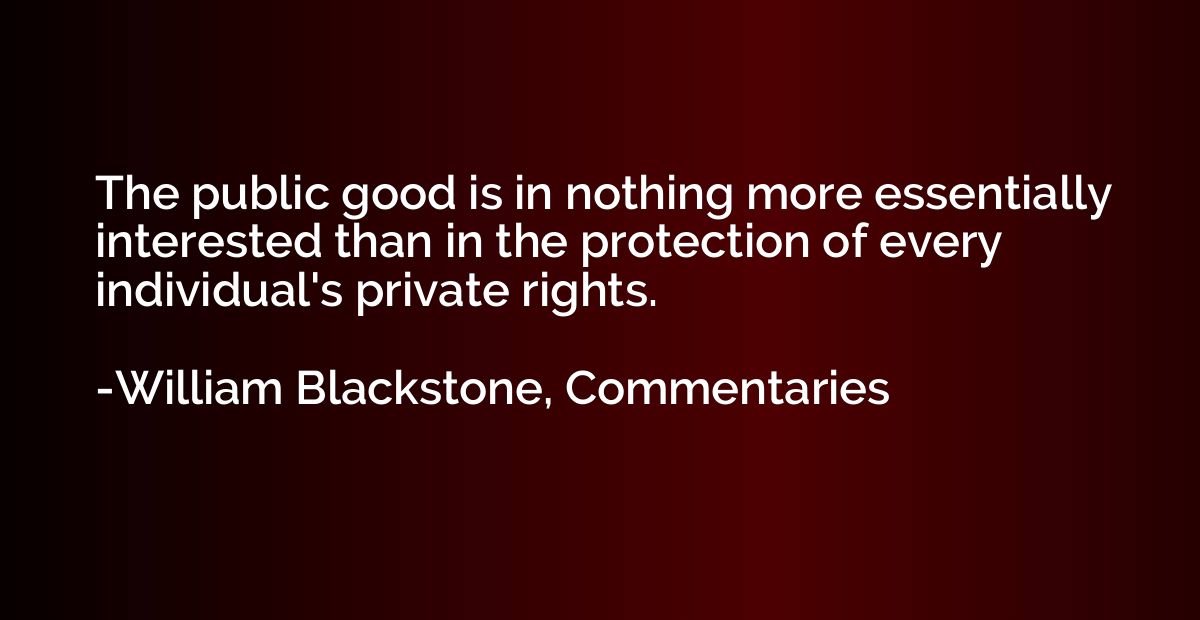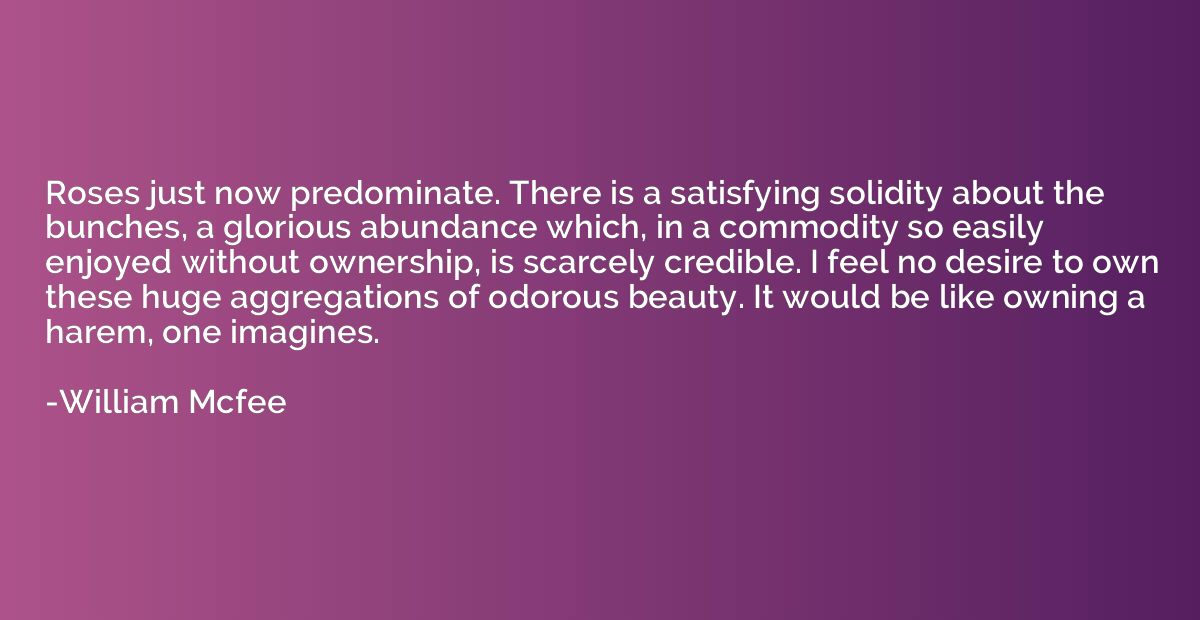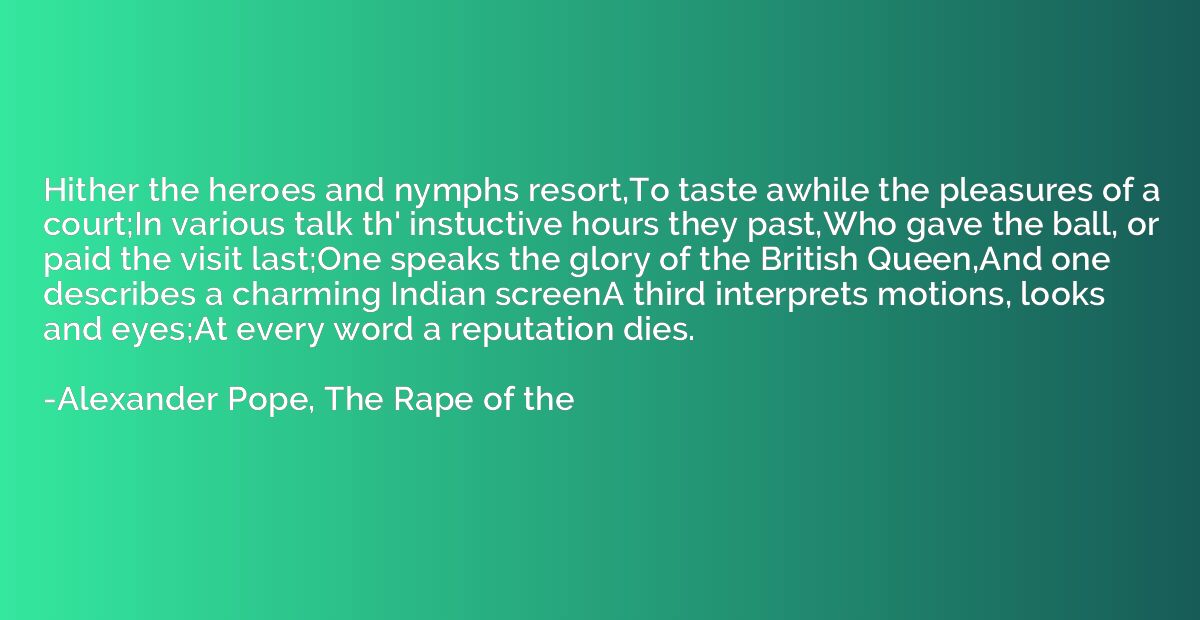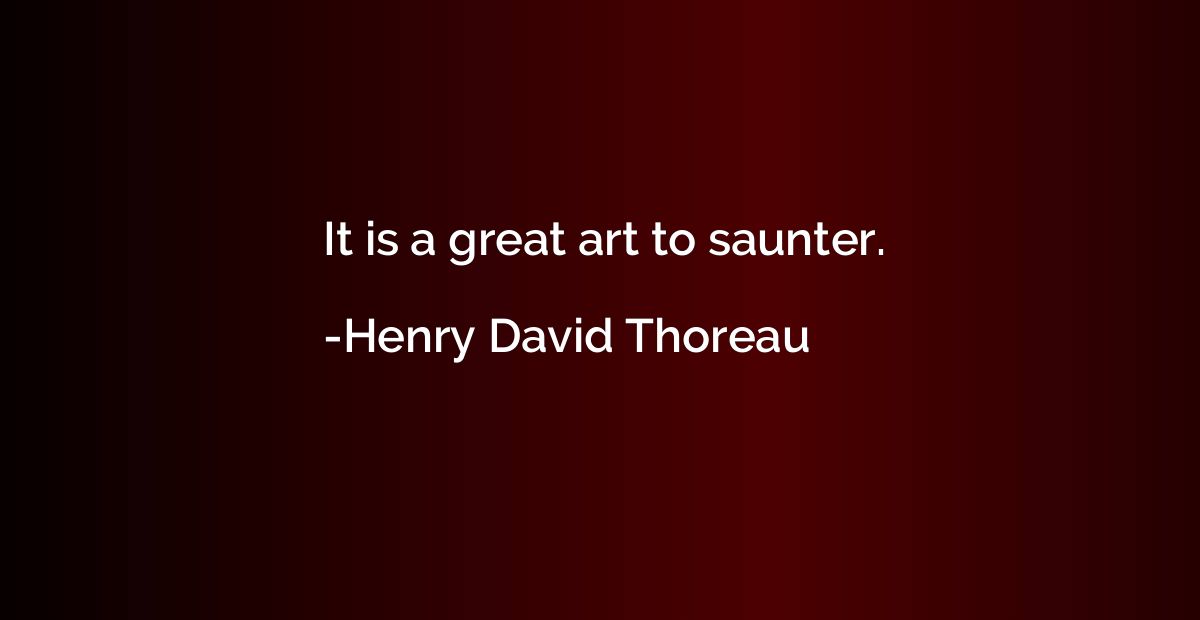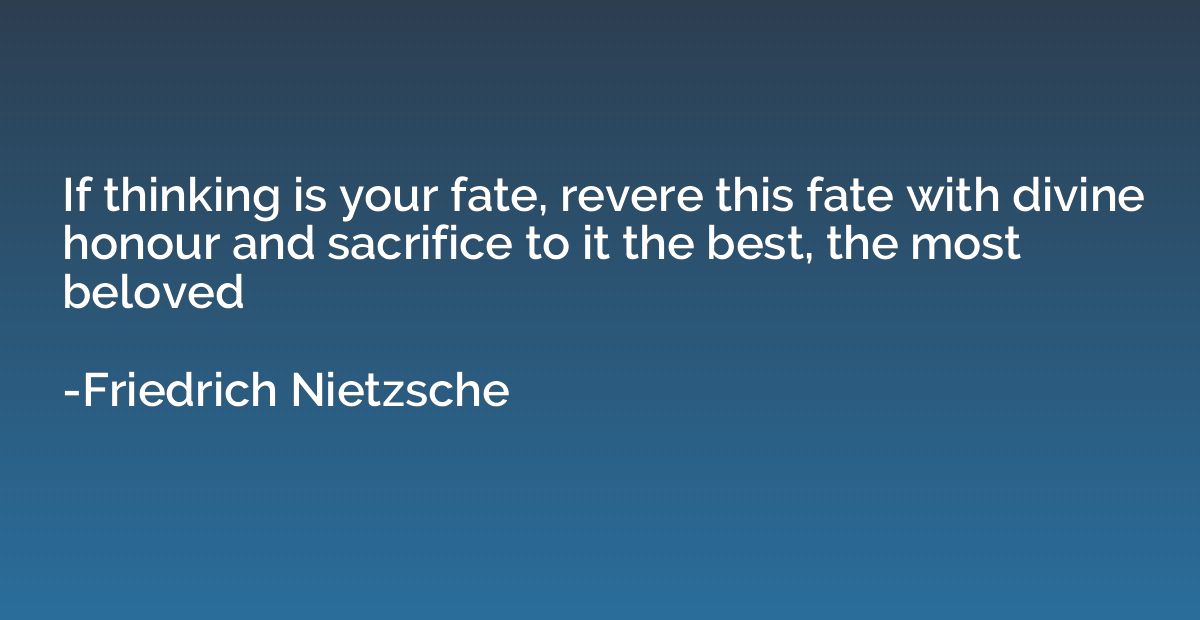Quote by George Orwell
Even the humblest Party member is expected to be competent, industrious, and even intelligent within narrow limits, but it is also necessary that he should be a credulous and ignorant fanatic whose prevailing moods are fear, hatred, adulation, and orgiastic triumph. In other words it is necessary that he should have the mentality appropriate to a state of war. It does not matter whether the war is actually happening, and, since no decisive victory is possible, it does not matter whether the war is going well or badly. All that is needed is that a state of war should exist.
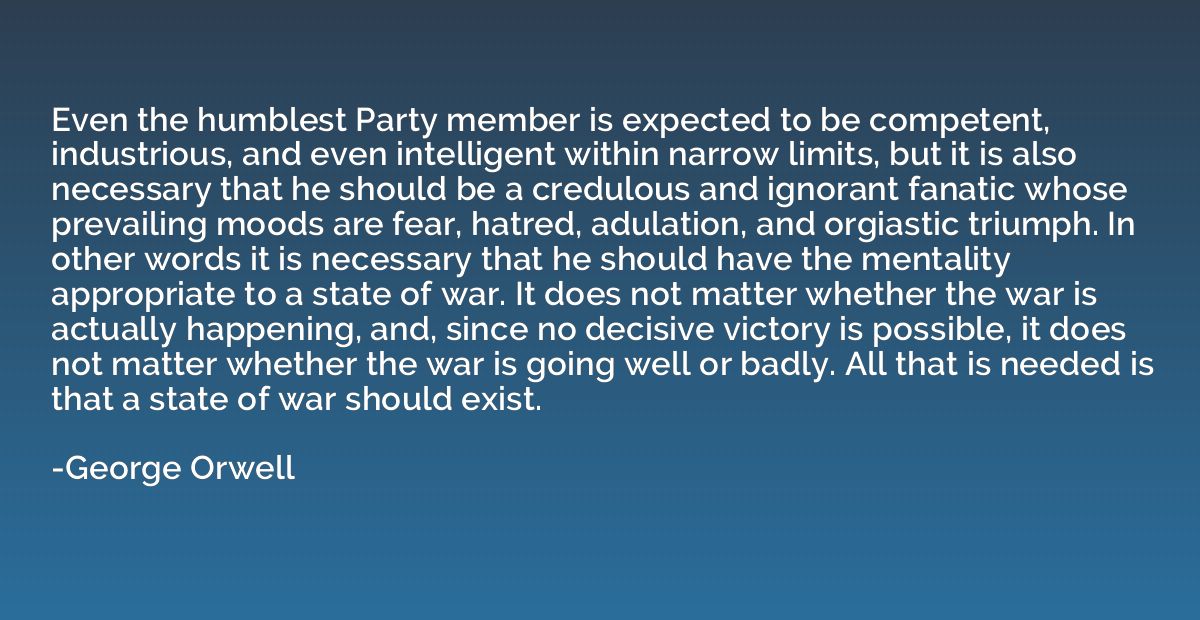
Summary
This quote, taken from George Orwell's novel "1984," highlights the desired mentality of the Party members in the dystopian society of Oceania. While competence, industry, and intelligence are valued within certain limits, the Party also requires its members to possess an unquestioning loyalty and fanatical devotion. The prevailing emotions of fear, hatred, adulation, and orgiastic triumph are deliberately cultivated to maintain a constant state of war, regardless of its actual existence or outcome. This state of perpetual conflict serves as a means of control, ensuring the compliance and submission of the individuals to the authority of the Party.



